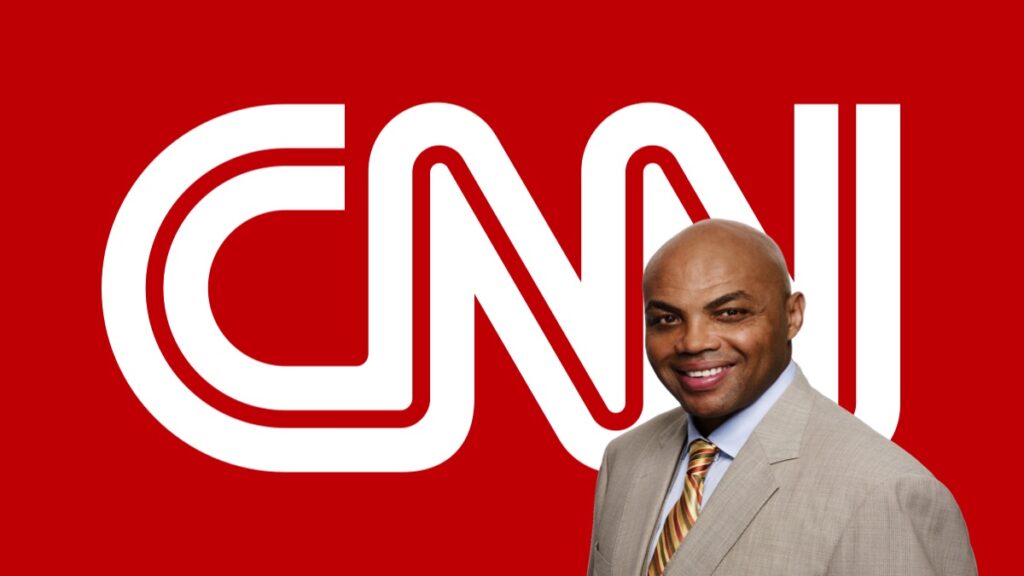We all expect some kind of gift during the holidays. Whether it be a pair of socks, maybe a mug with your picture on it. It’s not often someone is presented with a gift of an entire family for their 36th Christmas. But Paul Zeise didn’t have your average childhood.
“I was adopted into a German and Irish family,” said Paul Zeise. “My family is like the United Colors of Benetton ad. When I was 36, I met my biological family for the first time. We all feel we’ve been together our entire life.”
His biological dad is Black and his biological mom is Italian. He was adopted into a German and Irish family.
“With Italian and Black ancestry, I’ve felt like Franco Harris, my first hero,” Zeise said.
“In one day, I discovered I have 14 siblings. This experience has helped form a lot of my worldview,” he explained. “When I talk about things I believe it all comes from a unique perspective. I’m familiar with all faiths, creeds, and sizes.
I’ve bonded with all my siblings in different ways. My biological mom is just two hours away and I recently visited my biological dad in Atlanta.”
His adoptive parents are retired and have moved to Florida, so Zeise doesn’t get to see them quite as much as he’d like. He said Zoom makes things a lot easier.
Paul Zeise is on the air from 10:00 AM-2:00 PM every weekday on KDKA News Radio.
In addition to Zeise’s role on KDKA, he is a columnist for the Pittsburgh Post-Gazette, an AAU basketball coach and he hosts the Pitt Panthers pregame show on 93.7 The Fan during college football season.
He said all four parents tune into his show when they can online.
“Here’s what I’ve found,” Zeise said. “You couldn’t have a larger political chasm than the contrast between my biological dad and my adopted dad. But I think people, in general, have more in common than different.”
Born in Pittsburgh, Zeise said he routinely read sports columns as a kid.
“I’d write letters to columnists and rip them ]if I didn’t like what they wrote,” Zeise explained. “I used to read the Tribune-Review in Greensburg. One particular columnist was always real edgy. He had a bias toward Penn State. My dad went to Pitt. I was a Pitt guy.”
Through high school, Zeise performed well.
“I was like a genius-level math guy,” Zeise explained. “In college, my major was math and computer science. After a month of classes, I looked around at the other students. I looked at what we were doing, the subject matter, and figured I wouldn’t make it six months at this.”
Zeise said he still gets excited about math and computer programming. He knew something wasn’t right in his intended career choice. It was too easy.
“In labs, I’d see other students spending hours on something that took me only 20 minutes,” he said. “I’d figure things out quickly. It wasn’t for me.”
Zeise shifted gears to communications and journalism. After graduation, the newspapers started going through some tough times. Nobody was hiring.
Zeise figured if he was going to single-handedly save the world, he’d have to find another way to do it.
He spent some time as a juvenile probation officer and was shot at a few times during that experience. That wasn’t for him either.
“I quickly decided that wasn’t a profession I was going to stay with,” Zeise said. “I got my master’s degree in journalism from Temple. After that, I was hired by Gannett in Vineland, New Jersey.”
Zeise worked for NBA.com in downtown Manhattan in an office right across from St. Patrick’s Cathedral. He wanted to go back to a smaller town and went to the Post-Gazette in 1998.
Moving from sports to talk was eye-opening. More than years of sports experience can prepare you for.
“When I was in sports, news people used to jokingly say sports people worked in the ‘toy department,’” Zeise said. “They’d say we weren’t doing real journalism.’”
Zeise said he never realized how much truth there was in that barb.
“It was a huge transition, completely different,” Zeise explained. “At the end of the day, talk is talk. I want to entertain, inform, and get people to think. It’s the same basic construction between sports and talk. It’s just the subject matter that is completely different.”
He said in the grander scheme of things, a show will write itself.
“On my show, I don’t say something I don’t really believe just to be edgy,” Zeise said. “Just to get people to react. Everything these days has to be polarizing and divisive. At the end of the day, I think we are more similar. I find we as a society have a lot of tribalism, therefore wasted energy.”
Zeise said in talk there are always huge things going on all the time. He said you’ve got to prioritize, and instinctively figure out what is interesting to the audience. What they want to listen to. What they are talking about.”
Zeise said social media is such a small sample size of a grander perspective.
“Twitter is heavy with people that probably aren’t as representative as you think,” he said “People at large don’t care about what you think they do.”
He runs his own board but didn’t have to in sports. That was another large transition. Zeise said he tries to have a discussion with his PD in the morning to outline which direction his show might go on any given day.
“Four years ago, I asked management if I could do some fill-in on AM on occasion,” Zeise explained. “I’d always been interested in politics and more of a variety-type show and wondered if I could do that.”
The mid-day person retired and there was an opening. Zeise and management figured they’d give it a chance and see how it went.
“I think the largest form of feedback I’ve received from listeners is that they don’t agree with me all the time, but they feel I’m honest,” Zeise explained. “I think that’s my style. I approach things in a pragmatic sense, not just through a political lens. I imagine I’m a little different from other radio people.”
Zeise said while he’s not a young guy, his approach to the subject matter is unique.
“I think they saw me as a little different and gave me a shot,” Zeise said. “They could tell I knew what I was talking about. I think at times I make the PD a little nervous and he’s walking around the glass outside the studio, some nervous pacing,” he joked.
“I think the most important thing is that your boss thinks you’re doing well. To continue what you’re doing. AM radio is difficult to do correctly.”
He doesn’t want his show to be too reliant on calls or guests. That’s why Zeise will go for hours without one.
“My philosophy is some guests can be good for a show, but they can take away from the momentum. If you get a bad interview, you can feel it, there’s no traction. You think they may add something to the conversation and sometimes you don’t have the expertise you thought they had. I think it’s made me a better host.”
He’s learned to be more regimented with his clock.
“It took me time to adjust,” Zeise said. “Sometimes now when I listen to sports talk, I sense how a lot of time is wasted meandering. You don’t have that option in talk.”
To keep the younger listener, he said he has to limit segments due to shorter attention spans.
I’m sorry, I got distracted. What did you say?

Jim Cryns writes features for Barrett News Media. He has spent time in radio as a reporter for WTMJ, and has served as an author and former writer for the Milwaukee Brewers. To touch base or pick up a copy of his new book: Talk To Me – Profiles on News Talkers and Media Leaders From Top 50 Markets, log on to Amazon or shoot Jim an email at jimcryns3_zhd@indeedemail.com.







